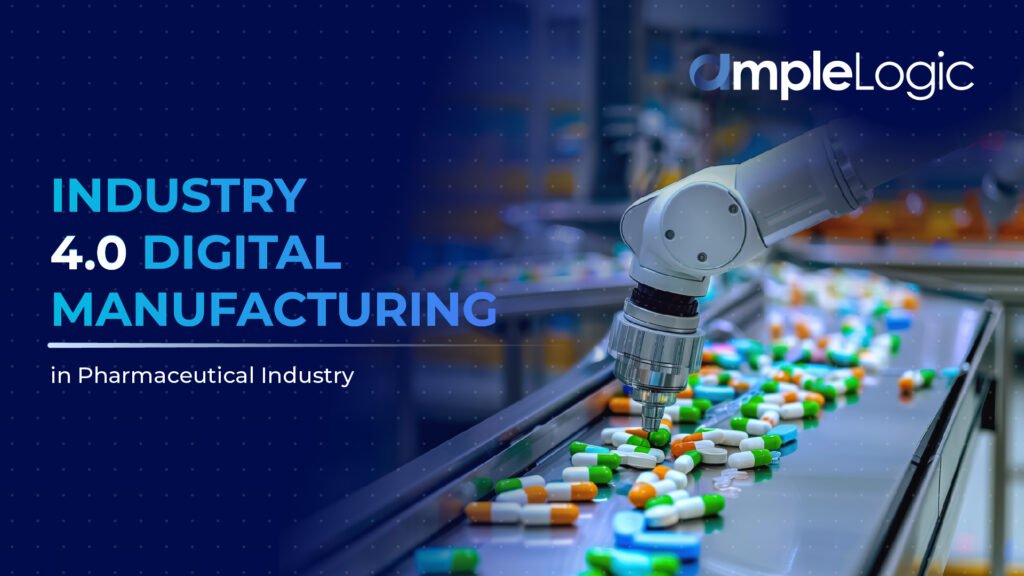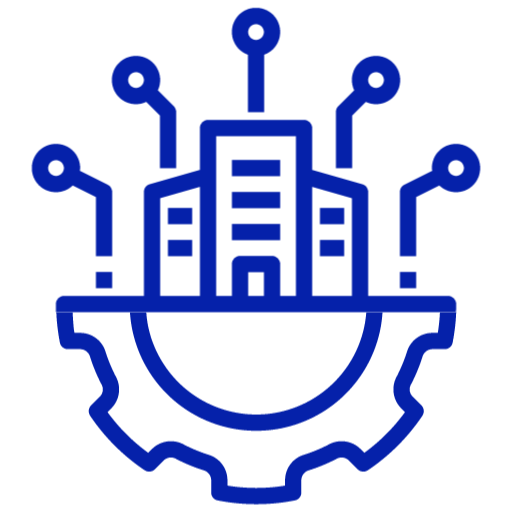
In recent years, the pharmaceutical industry has experienced a dramatic evolution in its manufacturing practices, largely propelled by the remarkable advancements in Artificial Intelligence (AI) and Machine Learning (ML) technologies. These innovations are reshaping the landscape of Pharma Manufacturing Execution System (MES) Software, a pivotal component in pharmaceutical production. By harnessing the power of AI and ML, MES is undergoing a profound transformation, redefining traditional approaches to pharmaceutical manufacturing. This article delves into the integration of AI and ML within MES for Pharmaceutical Manufacturing, examining its far-reaching implications and the emergence of smarter manufacturing paradigms within the pharmaceutical sector.
Understanding MES Software for Pharmaceutical Manufacturing
Manufacturing Execution System (MES) serves as the backbone of pharmaceutical manufacturing operations, orchestrating and managing various aspects of production on the shop floor. This vital software meticulously monitors and regulates the execution of manufacturing procedures, encompassing critical functions such as batch management, recipe management, resource allocation, and quality assurance. In the traditional landscape, MES software operated within the confines of preset rules and necessitated manual intervention, constraining its ability to swiftly adapt and respond to the ever-evolving dynamics of manufacturing environments.
The Role of AI and ML in Pharma MES Software
AI and ML technologies are revolutionizing Manufacturing Execution System (MES) in Pharma by introducing intelligent capabilities that enhance efficiency, quality, and agility in manufacturing operations. By leveraging vast amounts of data generated during the manufacturing process, AI and ML algorithms can analyze patterns, predict outcomes, and optimize production in real-time. This transformative approach enables MES Software in Pharma become more proactive, adaptive, and resilient in meeting the evolving demands of the pharmaceutical industry.
Benefits of AI & ML Integration in Manufacturing Execution System (MES) in Pharma
Predictive Maintenance
AI and ML algorithms in MES software analyses equipment sensor data to predict maintenance needs, preventing unplanned downtime and optimizing equipment performance. By identifying potential issues before they occur, predictive maintenance enhances operational reliability and extends the lifespan of manufacturing assets.
Quality Control and Assurance
AI-powered image recognition and ML algorithms inspect pharmaceutical products for defects and deviations from quality standards. By automating quality control processes, MES software ensures consistency and compliance with regulatory requirements, reducing the risk of product recalls and enhancing patient safety.
Real-time Monitoring
AI-driven analytics provide real-time insights into manufacturing processes, enabling continuous monitoring and optimization of production parameters. By dynamically adjusting process parameters based on AI recommendations, MES for pharmaceutical manufacturing maximizes efficiency, minimizes waste, and improves yield rates.
Process Optimization
AI and ML in Pharma MES optimize processes, ensuring regulatory compliance. AI analyzes parameters like temperature to minimize deviations, while ML uncovers patterns in production data to drive efficiency and maintain quality standards.
Forecasting and Resource Allocation
ML algorithms analyze historical production data and market trends to forecast demand for pharmaceutical products accurately. By aligning production schedules with demand forecasts, MES for pharmaceutical manufacturing optimizes resource allocation, minimizes inventory costs, and avoids stockouts or overproduction.

Adaptive Process Control
AI-powered control systems dynamically adjust manufacturing processes in response to changing conditions, such as raw material variations or equipment failures. By adapting in real-time to unforeseen events, MES software in pharma ensures product quality and production efficiency while maintaining regulatory compliance.
Workflow Adjustment
Manufacturing Execution System (MES) in pharma dynamically adjusts workflows based on data insights, minimizing variability in product quality. Integrating AI allows for real-time adjustments to maintain quality standards amid changing conditions.
Advanced Deviation Detection
Advanced analytics analyse sensor data to detect deviations from expected norms in pharma MES. By monitoring factors like temperature and humidity, they provide early warnings, minimizing impacts on product quality and compliance.
Enhanced Quality Control Systems
Integration of AI-powered quality control systems enables real-time detection and mitigation of quality issues. By analyzing images or data, they automate quality control processes, ensuring product consistency and compliance.
Personalized Medicine Initiatives
AI and ML capabilities in MES software in pharma supports personalized medicine initiatives. By leveraging patient data, they customize manufacturing processes to produce tailored medications, enhancing patient outcomes and market differentiation.
Customized Manufacturing
MES leverages patient data and genetic information to customize manufacturing processes, supporting personalized medicine initiatives. By tailoring medications to individual needs, MES fosters innovation and improves patient satisfaction.
Personalized Medicine
Personalized medicine enhances patient outcomes and fosters innovation in the pharmaceutical industry. By tailoring treatments and producing customized medications, pharmaceutical companies can position themselves as leaders in personalized healthcare, driving market differentiation.
The integration of AI and ML technologies into Manufacturing Execution System (MES) in pharma is driving a paradigm shift in pharmaceutical manufacturing, enabling smarter, more efficient and agile production processes. This integration marks a significant departure from traditional methods, paving the way for smarter, more efficient, and adaptable production processes. By leveraging the capabilities of AI and ML, MES for Pharmaceutical Manufacturing is not only revolutionizing the industry but also ushering in a new era of heightened safety and quality in medication production. This transformative approach ensures that patients worldwide receive medications of superior quality while also optimizing operational efficiency and driving sustainable growth within the pharmaceutical sector. As technological advancements continue to accelerate, the evolving role of AI and ML in Pharma MES is poised to shape the future landscape of pharmaceutical manufacturing, driving innovation and excellence for years to come.





























